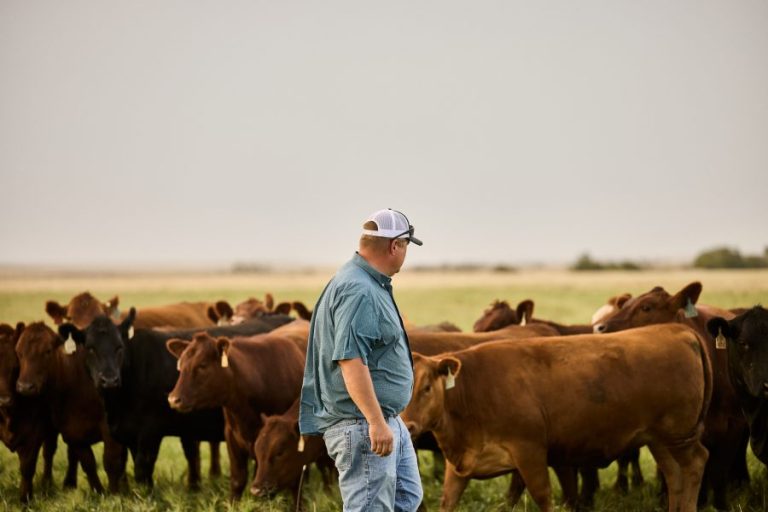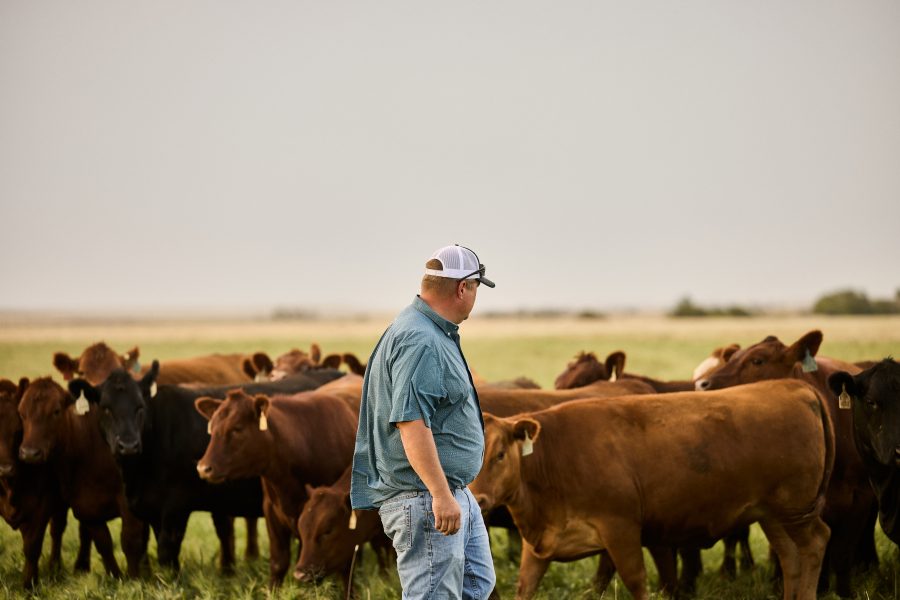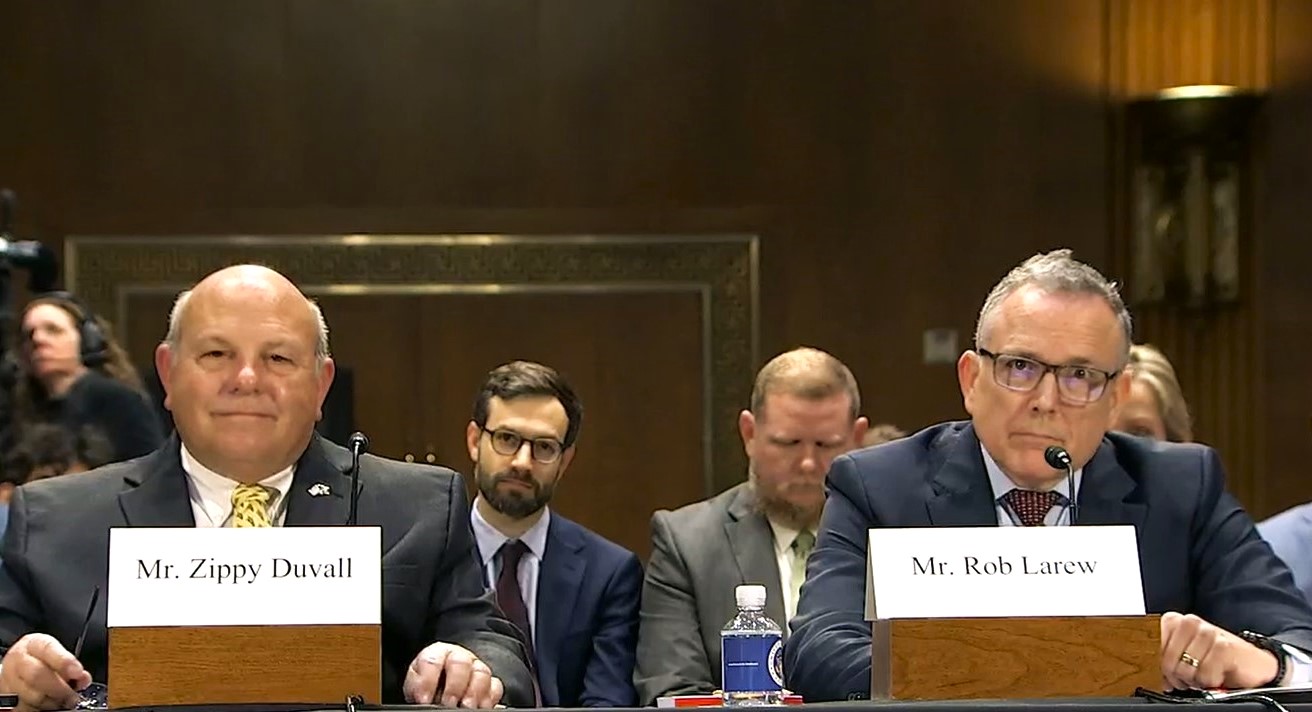WASHINGTON, D.C. – California’s controversial Proposition 12 stands, as the Supreme Court on Thursday sided with the state and the law that prohibits the sale of pork in the state not produced according to California’s production standards.
The ruling is a significant loss for the pork industry. Livestock groups have argued that if California’s law stands, then other states can set separate requirements, making it harder to meet each state’s production standard.
In a 5-4 ruling, the court affirmed a decision from the U.S. Court of Appeals for the Ninth Circuit. That court dismissed a lawsuit filed by agriculture interests against the law, on the grounds the industry groups did not state a claim of damages.
Proposition 12 makes it a criminal offense and civil violation to sell whole pork meat in California unless the pig it comes from is born to a sow that was housed within 24 square feet of space and in conditions that allow a sow to turn around without touching an enclosure. Proposition 12 applies to any uncooked pork sold in the state, regardless of whether it was raised in California.
Justice Neil Gorsuch wrote for a majority that included Justices Clarence Thomas, Sonia Sotomayor, Elena Kagan and Amy Coney Barrett, declaring the type of meat sold in California is not a constitutional issue.
“What goods belong in our stores?” he wrote. “Usually, consumer demand and local laws supply some of the answer. Recently, California adopted just such a law banning the in-state sale of certain pork products derived from breeding pigs confined in stalls so small they cannot lie down, stand up, or turn around. In response, two groups of out-of-state pork producers filed this lawsuit, arguing that the law unconstitutionally interferes with their preferred way of doing business in violation of this court’s dormant Commerce Clause precedents. Both the district court and court of appeals dismissed the producers’ complaint for failing to state a claim.
“We affirm. Companies that choose to sell products in various states must normally comply with the laws of those various states. Assuredly, under this court’s dormant Commerce Clause decisions, no state may use its laws to discriminate purposefully against out-of-state economic interests. But the pork producers do not suggest that California’s law offends this principle.
“Instead, they invite us to fashion two new and more aggressive constitutional restrictions on the ability of states to regulate goods sold within their borders. We decline that invitation. While the constitution addresses many weighty issues, the type of pork chops California merchants may sell is not on that list.”
A 2021 Rabobank report said the U.S. pork industry faces a daunting task to comply with the law.
“With less than 4% of the U.S. sow housing currently able to meet the new standard, Rabobank expects a shortfall in compliant pork to bifurcate the U.S. market, leaving California with a severe pork deficit (and high prices), while generating a surplus in the rest of the U.S. market,” the report said.
Rabobank said Proposition 12’s restrictions likely would lead more producers across the country to think twice about exporting to California.
If producers outside California adjust their operations to meet Proposition 12, Rabobank said production flows would drop by at least 25%, “which disrupts the entire supply chain.”
Rabobank estimates at least 15% of U.S. hog producers would face “considerable cost” to convert their operations.
To make a move from the industry standard of 18 to 20 square feet per sow to a compliant spacing of 24 square feet per sow, a producer would require 20% to 25% more barn space or force a reduction in stocking densities, the study said.
Rabobank said an average barn could cost $1,600 to $2,500 per sow, or $3 million to $4.5 million total. The report said the average costs to comply may be made more difficult by rising building costs since the COVID-19 outbreak, estimated at about 129% higher since October 2020.
The California market is critical for many producers, as the state boasts the largest domestic market for pork at 14% of all U.S. consumption.
Based on current estimates of the number of producers likely to convert sow housing to meet California’s demands, Rabobank said the U.S. producers would fill just 40% to 50% of demand.













